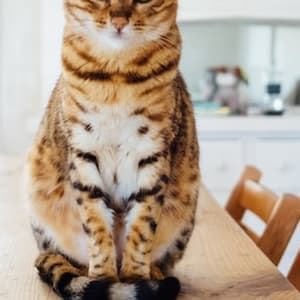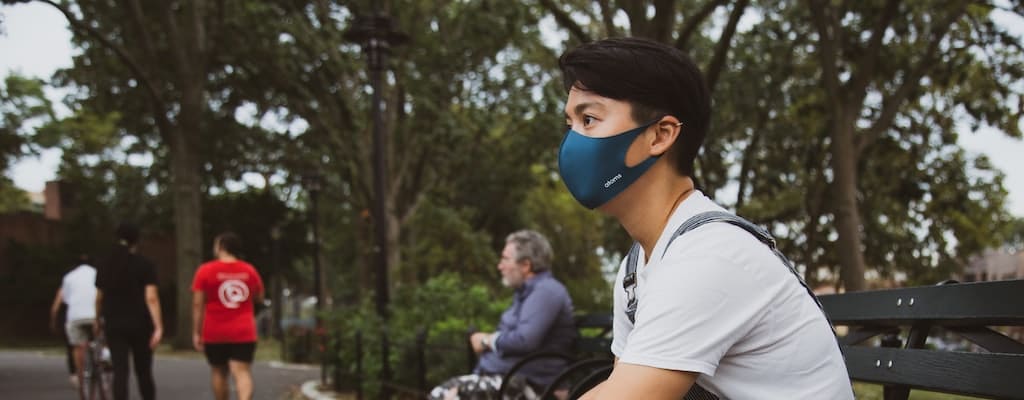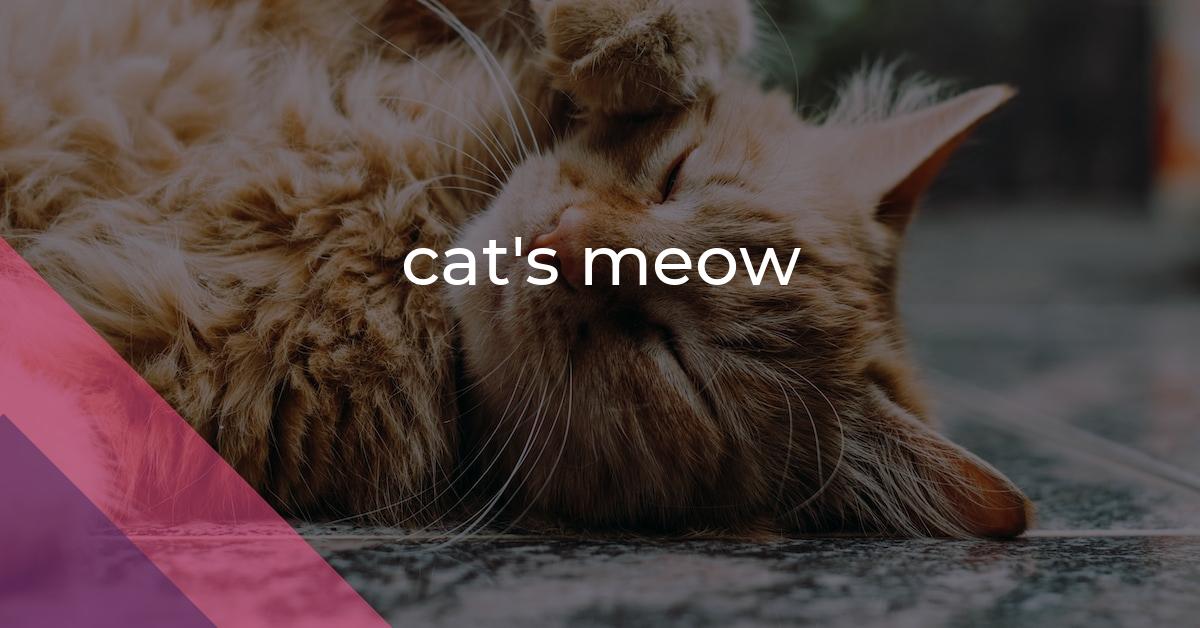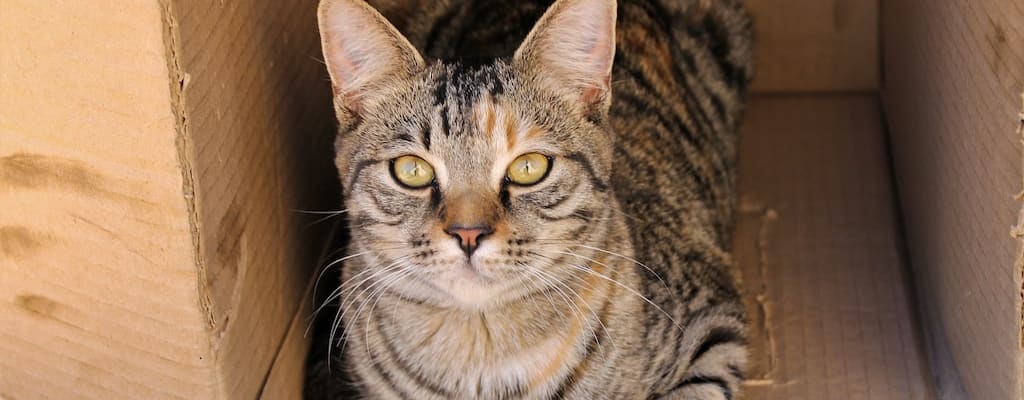cat’s meow: Idiom Meaning and Origin
What does ‘cat's meow’ mean?
The idiom cat's meow refers to something or someone who is highly praised or regarded as excellent or outstanding.

Idiom Explorer
The idiom "the cat's pajamas" is used to describe something or someone who is highly admired, stylish, or impressive. It conveys a sense of excellence or being top-notch.
The idiom "good job" is used to express approval or praise for someone's work or accomplishment.
The idiom "dog my cats" means that someone is surprised or shocked by something. It is often used to express disbelief or astonishment.
The idiom "caviar to the general" means presenting something sophisticated or high-quality to a general audience that may not appreciate or understand its value or importance.
The idiom "cat's cradle" refers to a complex and intricate situation or problem, often involving a series of complicated and interconnected issues or factors.
The idiom "cat in the meal-tub" means a hidden or unexpected problem or complication that arises suddenly and disrupts a situation or plan.
The idiom "cat got someone's tongue" means that a person is unable to speak or is choosing to remain silent, often due to shyness, embarrassment, or being surprised by something. It is a metaphorical expression indicating temporary speechlessness.
The idiom "cat-footed" refers to someone who moves quietly and stealthily, akin to the way a cat walks. It implies lightness and grace in one's movements.
The idiom "catch someone's eye" means to attract someone's attention or to be noticeable or interesting enough for someone to notice.
Decoding the Enigma
the cat's pajamas is another idiomatic expression that is closely related to the cat's meow. Similar to the cat's meow, the cat's pajamas is used to describe something or someone outstanding, remarkable, or highly admired. It is a colloquial phrase that conveys a sense of enthusiasm and praise.
dog my cats is yet another idiomatic expression that shares a connection with the cat's meow. Dog my cats is an exclamation used to express surprise, disbelief, or astonishment. While it may seem unrelated to the cat's meow at first glance, both idioms are characterized by their unique and expressive nature.
The interplay between these idioms reflects the richness and versatility of the English language. By incorporating idiomatic expressions such as the cat's pajamas and dog my cats, we enhance our ability to communicate effectively and creatively.
The cat's pajamas is a phrase that has its roots in the 1920s, a time of cultural and societal transformation. During this era, jazz music, flapper fashion, and the pursuit of pleasure defined the spirit of the times. The cat's pajamas, like the cat's meow, was born out of the desire to capture the energy and excitement of this period.
The cat's pajamas is believed to have originated from a combination of popular slang and linguistic playfulness. In the 1920s, phrases such as "the bee's knees," "the monkey's eyebrows," and "the cat's whiskers" were used to describe something or someone exceptional or stylish. The cat's pajamas was a natural extension of this trend, drawing upon the image of comfortable sleepwear and associating it with excellence and admiration.
Similar to the cat's meow, the cat's pajamas received widespread usage and recognition in the 1920s and 1930s. It permeated everyday conversations, popular literature, and even found its way into newspaper headlines. The phrase captured the imagination of the public and became synonymous with the vanguard of style and innovation.
In present-day usage, the cat's pajamas continues to evoke a sense of admiration and excellence. Its association with the roaring twenties and its role in capturing the spirit of the time have solidified its place in the English language. Whether used in casual or formal settings, the phrase conveys a vibrant and positive sentiment, reflecting the enduring appeal of the idiom as a whole.
Dog my cats, on the other hand, is an idiom that highlights the expressive and dynamic nature of the English language. As an exclamation of surprise or disbelief, it adds an element of humor and playfulness to our everyday conversations. While its origin is not as well-documented as the cat's pajamas or the cat's meow, it has been traced back to the late 19th century.
Like the cat's meow and the cat's pajamas, dog my cats captures the idiosyncrasies of language and the unique ways in which we communicate. It reflects the ever-evolving nature of idiomatic expressions and reminds us of the power of language to evoke emotions and forge connections.
By incorporating these idiomatic expressions into our conversations and writing, we deepen our understanding of language and its ability to convey meaning. The cat's meow, the cat's pajamas, and dog my cats all contribute to the colorful tapestry of idioms that enrich our communication and reflect the diversity of human expression.
Example usage
1. She thinks that her new dress is the cat's meow.
2. The latest smartphone on the market is so popular that everyone believes it's the cat's meow.
3. These cupcakes are absolutely delicious; they are definitely the cat's meow.
More "Animal" idioms



